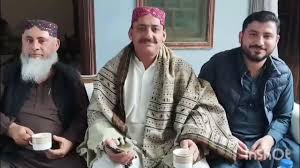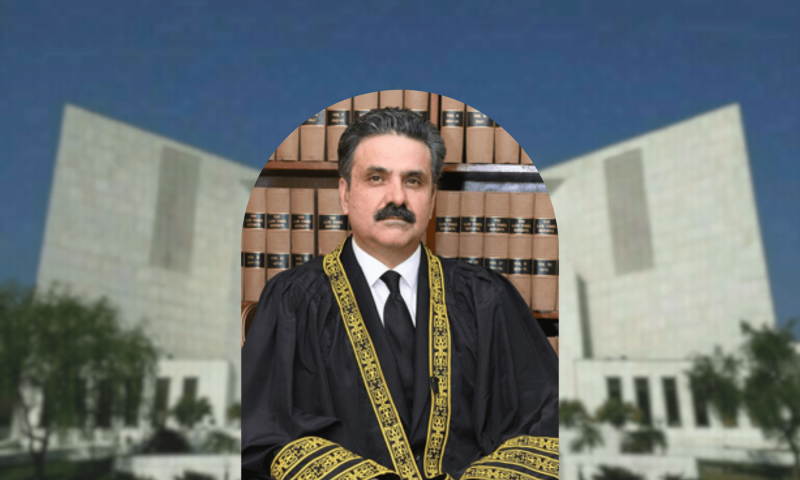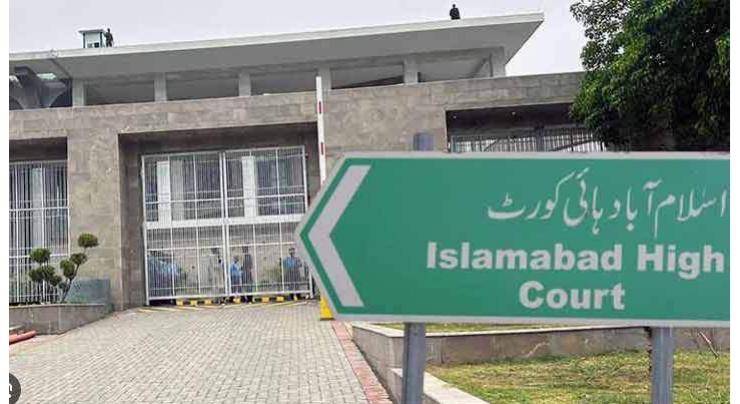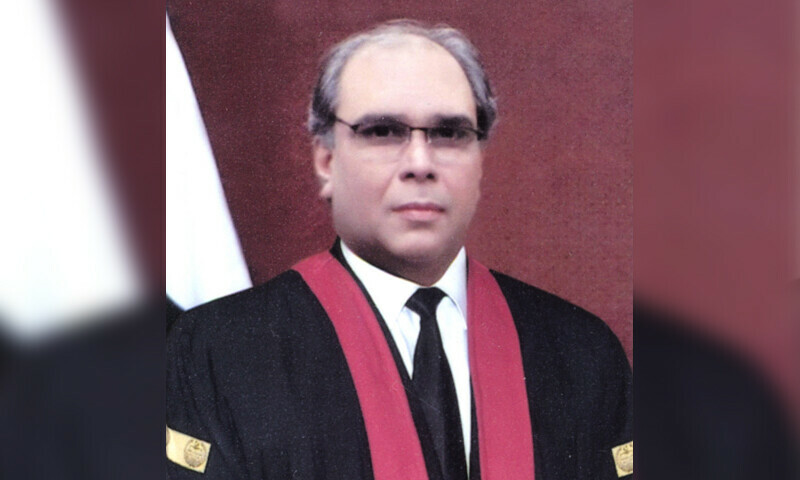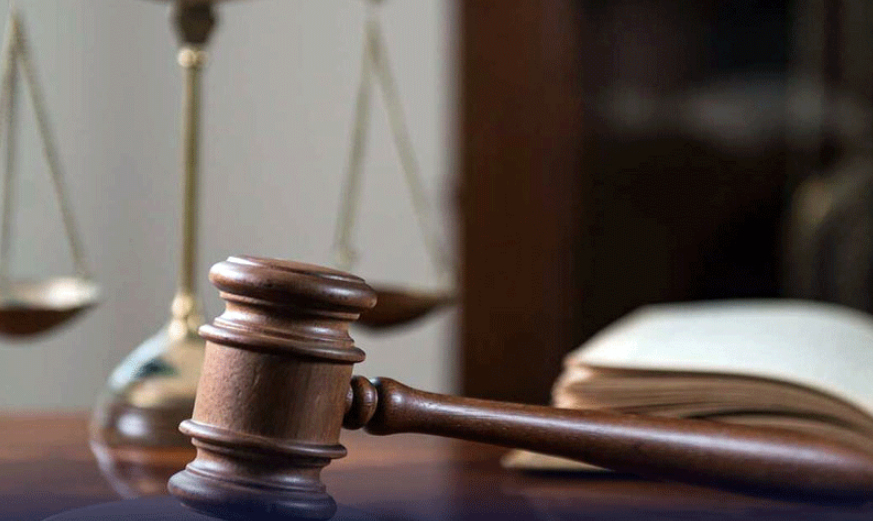LEGAL
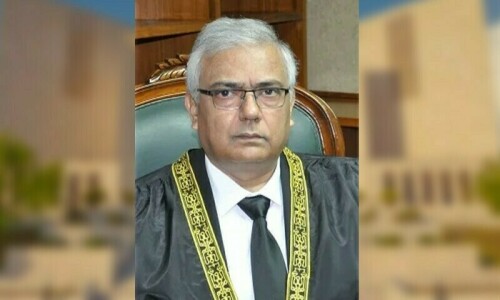
The Supreme Court’s seven-member Constitutional Bench, led by Justice Aminuddin Khan, resumed hearing intra-court appeals on Tuesday challenging a previous ruling that declared military trials of civilians unconstitutional.
The bench, including Justices Afghan, Jamal Khan Mandokhail, Muhammad Ali Mazhar, Musarrat Hilal, Shahid Bilal Hassan, and Rizvi, questioned the rationale behind conducting trials for civilians in military courts instead of anti-terrorism courts.
During the hearing, Justice Aminuddin Khan expressed concern over the trial disparity between civilians and military personnel for the same offence. “If a soldier commits one crime and a common man commits the same crime, how can the trial be held in a separate place?” he asked.
Background of the Case
On December 13, 2024, a constitutional bench had conditionally allowed military courts to pronounce verdicts for 85 civilians allegedly involved in the May 9 riots. Subsequently, 25 civilians received prison terms ranging from two to ten years, followed by 60 additional convictions.
The constitutional bench is now reviewing appeals against the October 2023 decision that declared military trials unconstitutional.
Legal Arguments and Contentions
Salman Akram Raja, representing Arzam Junaid, who was sentenced to six years for his involvement in the May 9 Jinnah House attack, argued that civilians could not be tried in military courts under any circumstances.
Justice Mandokhail questioned whether military courts had the authority under the Army Act to try civilians for serious offences like terrorism. He inquired, “Can a person who is not part of the army be court-martialed only based on a crime?”
Raja referenced the F.B. Ali case, asserting that the court had previously emphasized the need to safeguard fundamental rights during military trials. Justice Muhammad Ali Mazhar asked how F.B. Ali, a civilian, was court-martialed.
Raja clarified that the court had upheld the military trial due to adherence to fundamental rights. “It was said that the provision of fundamental rights was necessary,” he noted, emphasizing Section 2-D(1) of the Army Act.
Justice Mandokhail questioned whether Section 2-D of the Army Act existed in any other jurisdiction worldwide. Raja replied that his research found no comparable provision.
Potential Misuse of Military Provisions
Raja warned that provisions of the Army Act meant for terrorists were being misused against political opponents. “The government is using these provisions for their opponents,” he stated. He expressed fears of his own arrest, citing false allegations regarding the murder of three Rangers personnel.
Historical Context and Legal Precedents
Justice Mandokhail noted that similar misuse of legal provisions occurred under a 1968 ordinance that granted judicial powers to tehsildars. The Supreme Court nullified it in the Azizullah Memon case after the 1973 Constitution came into effect.
Conclusion
As the hearing concluded, Justice Mandokhail reiterated that both civilians and military personnel are citizens of Pakistan, questioning the legal justification for separate trial mechanisms.
The court continues to deliberate whether military trials for civilians under the Army Act are constitutional and in line with fundamental rights.
